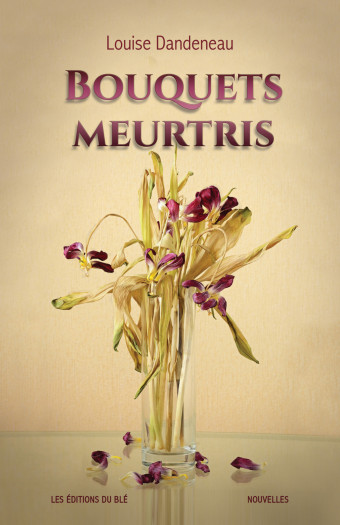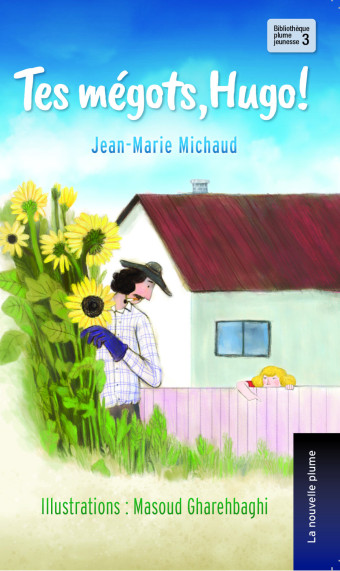The first book by Eric Plamondon, Inédit, is a play that has yet to be staged due to the COVID-19 pandemic. In the meantime, Plamondon and his readers have the chance to imagine how this story about young francophones in Manitoba might be performed in Winnipeg and beyond.

- Inédit
- Eric Plamondon
- Les Éditions du Blé
- $14,95 papier, 52 pages
- ISBN: 978-2-924915-12-7
“I was very much inspired by things that I have experienced,” says the Métis and francophone actor and visual artist with Winnipeg roots.
Plamondon started writing the play six years ago in a “bilingual” style, which is what it’s called when a text is written in French with a bit of English added in, the way people in Manitoba tend to speak. It was written for a bilingual Canadian audience.
“I asked myself if it is still relevant for today’s youth,” says Plamondon. But when young actors aged 22 to 30 from other places did a cold read of it, each of them could identify with it.
“They saw themselves and their experiences,” he says. “It gave me much encouragement.”
Plamondon, the executive director of Artspace in Winnipeg, came out as gay at the age of 28. “I am not the first queer francophone artist from the Prairies but there haven’t been many,” he says. “We have to write and produce the stories of the Prairies – whether they are perfect or not, we must create them.”
The title, Inédit, which means new or previously unseen, describes the experiences, the situation, and the “bilingual” style of the play. It also pays tribute to the Beat literary and social movement of the 1950s.

“For the queer community,” says Plamondon, “this period is well known, the stream-of-consciousness poetry of Ginsberg, the jazz music with its own beat.”
Plamondon presents queer perspectives that include a whole variety of people. Many people can’t express their viewpoints, and as in the play, “The big moment often happens in silence.”
The play’s characters are not caricatures. Nothing is black and white. “People want certainty, but these people are not one-dimensional. This is a bit more complex,” he says.
One of the men in the play can’t admit he could possibly like poetry. Plamondon says, “In our 20s, it’s more accepted that we try new things. We should permit ourselves to live. We are all a little of many things.”
Inédit is not an educational piece, but it does open a dialogue. “It provides permission for us to have the conversation,” says Plamondon. “When we don’t hold onto a false belief of who we are, we embrace our humanity.”











